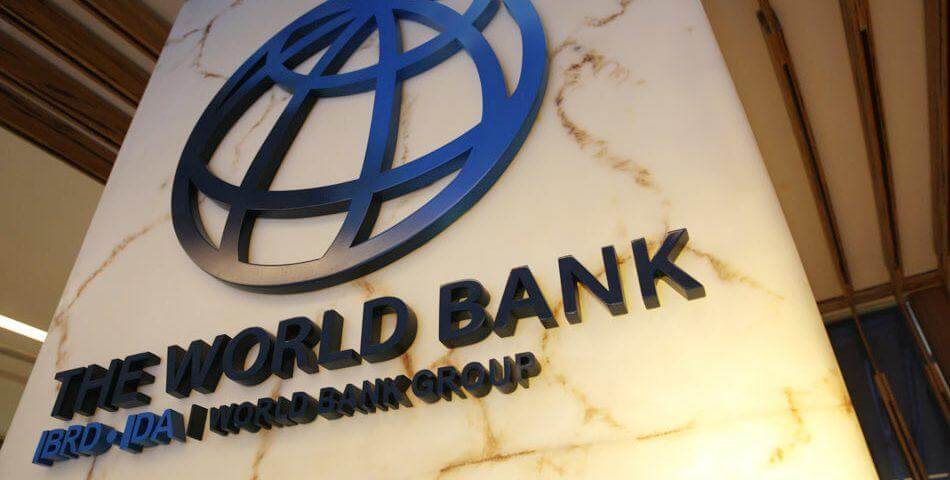The Nigeria Country Director of the World Bank, Shubham Chaudhuri, has said that the country’s $1.5 billion loan request will be addressed by the board by late July or August.
According to the World Bank, Nigeria is facing its worst fiscal disruption in 40 years, while it said the country’s economy could contract by 3.2% or 8%. Similarly the International Monetary Fund (IMF), projected a 3.4% shrink.
Advertisement
Chaundhuri told Reuters in an interview on Friday that, “We were hoping to present to our board by late July or latest early August, because the government will need the finance.”
The international lender is working on a possible package which could provide up to $3 billion to cover for fiscal need induced by the fall in oil revenue due to coronavirus.
“The immediate challenge is a fiscal one: How does the government marshal the fiscal resources to keep basic government functions going?” Chaudhuri added.
Nigeria’s Minister of FInance, budget and National Planning, Zainab Ahmed, had said on Thursday that the country’s economy could fall by 8.9% in the worst case scenario.
Advertisement
According to the bank’s lead economist on Nigeria, Marco Hernandez, the pandemic if contained. was still unprecedented and shocking, he told Reuters.
Hernandez said, “We have been recommending a move towards a unified exchange rate and a more flexible exchange rate for some time.”
He added that the loan would stimulate economic recovery and boost investor confidence.
Chaudhuri and Hernandez declined to comment on any conditions for the loan.
Nigeria’s unemployment rate is 23.1 %, while the federal government has expressed concerns over the rise in the rate and has been urging firms, including banks, not to lay off workers.
Advertisement
The Federal Government had in April said it needed $6.9 billion from international lenders to fight the impact of coronavirus in the country, while the IMF had issued $3.4 billion, leaving a $3.5 billion deficit.



